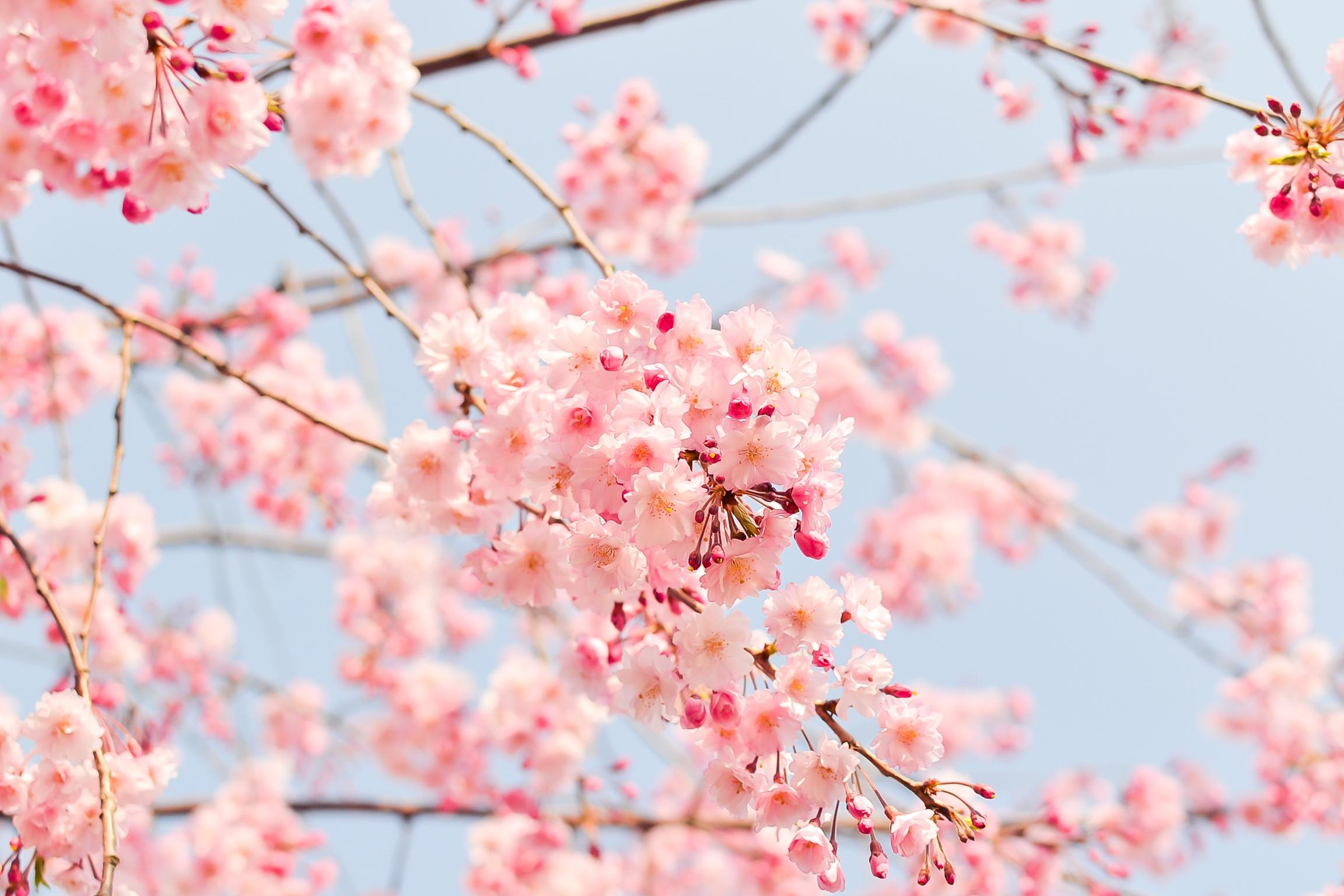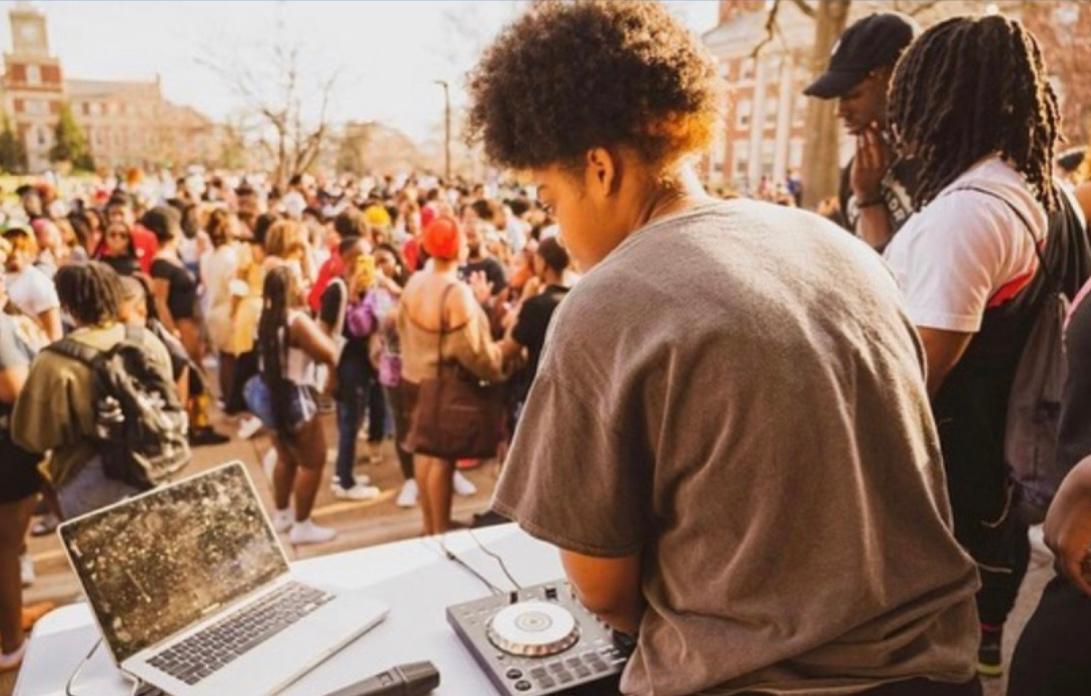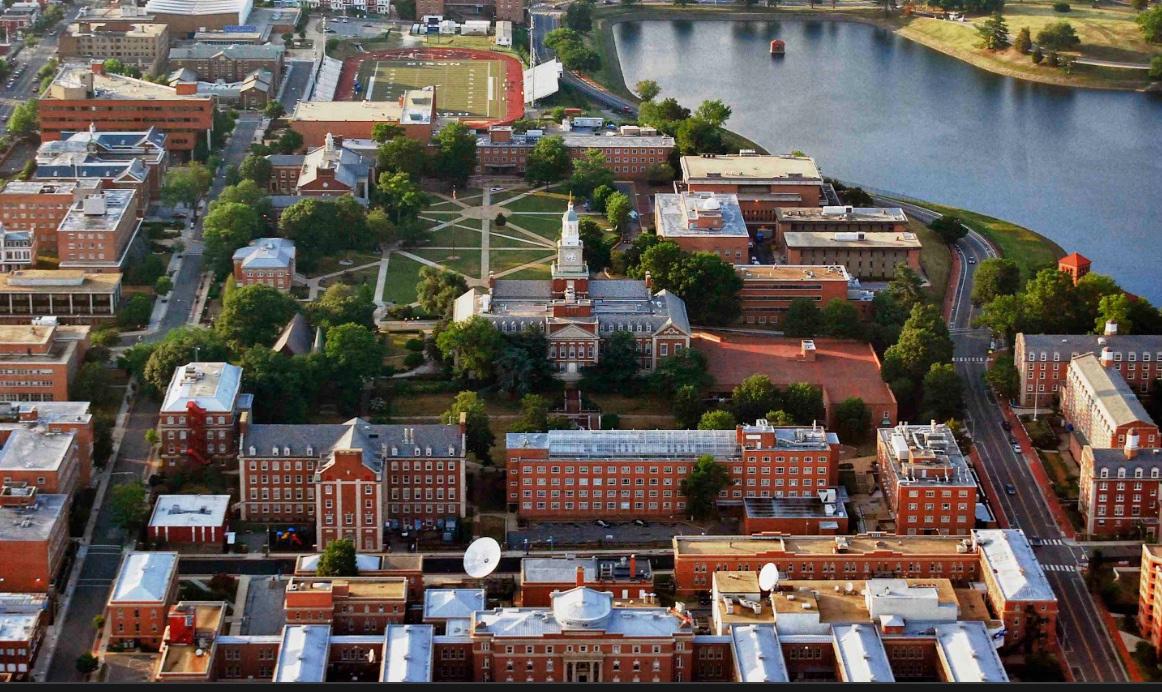
4 minute read
A Different Kind of Protest
PAVING THE WAY
B y L a n i y a h C o l l i n s P h o t o g r a p h b y T h e N e w Y o r k T i m e s
With Women’s History Month recently to a close, I think it’s important to highlight the importance of women who have paved the way for other women to make and create history, or should I say herstory.
On April 7th, 2022, Judge Kentanji Brown Jackson was confirmed and became the first Black woman to be a Supreme Court Justice. This event is and will be monumental for paving the way for other Black women that want to enter spaces of high-powered decision-making and showing they not only can do it but that they deserve to be there as well. I
In an interview with Kylie Burke, graduating senior at Howard University and former student body President, she shared how she was able to attend the celebration for Judge Brown Jackson’s confirmation at the White House and she stated, “it’s important to celebrate her and it’s also important to recognize that she’s not the first Black woman qualified, she’s the first one with the opportunity. ”
With Kentanji paving the way for future generations of Black women, I wanted to highlight a Black woman who paved the way for her. This Black woman is Alice Dunnigan. Alice Dunnigan was a journalist, author, and Civil Rights activist, who became the first Black woman to be a correspondent at the White House along with the first Black woman to be a part of the Senate and House press galleries in 1947. Dunnigan paved the way for Black people to be able to receive information about what is going on nationally and the political decisions that are being made at the national level.
Dunnigan was able to report from the legislative and executive branches of the United States. That laid the foundation for Judge Brown Jackson to be able to have a seat. It is unfortunate that Black people, especially Black women, have to fight multiple oppressive systems in order to receive opportunities that they’ve proved to be overqualified for, but it’s beautiful to see the sacrifices of previous generations paying off for the people that are coming behind them.
A Different Kind of Protest: Howard's Faculty Protest
B Y T A Y L O R N A S H
If your teachers are coming in and out of the doors on a yearly basis, then you don’t have stability; without stability, then you cannot build a good university!
This was the rallying cry as students and faculty at Howard University joined collectively to rally behind non-tenured faculty as they shared their experiences facing difficult working conditions at the university.
Months after a nonviolent occupation of Howard University ’ s student center, Blackburn in protest of student housing conditions, Howard’ s community is once again awakened by protests.
On March 18, non-tenured faculty, tenured faculty members and adjuncts gathered around the flagpole in the yard, the center of Howard’ s main campus.
In solidarity, they expressed the context behind their immediate concerns they face as faculty at Howard University. In sharing their stories, they revealed the uneasiness that comes with having to choose between remaining at a job that you love with a community that you love and being able to provide for your family.
Standing underneath the flagpole with a megaphone in his hand was Cyrus Hampton, a professor of the English Department and member of the contingent faculty. He provided critical background to what has led to this rally. He explains what is described as the
However, it would be okay to wrap the story up with the suicide hotline and warning signs for someone who may be contemplating dying by suicide. There will be real people who have to read these stories and they could possibly be battling with issues that have made them contemplate suicide, so it would be helpful to provide them with resources that could help them. Overall, death is difficult and grieving is strenuous, so the least journalists and the public can do is honor the deceased in the way they speak about them.
The faculty, way before I joined Howard, wanted to unionize and since then they still haven ’t been given a contract…so there ’ s a bargaining unit that forms, but the administration has been totally unwilling to concede to the points of why they unionized… ” Parris explains
It is because both the language of the seven-year rule, as well as the University ’ s negligence regarding a bargaining agreement are what Professor Jackson, Howard lecturer and alum, describes as the “ microcosm ” of a much larger issue than we are going to continue to confront.









